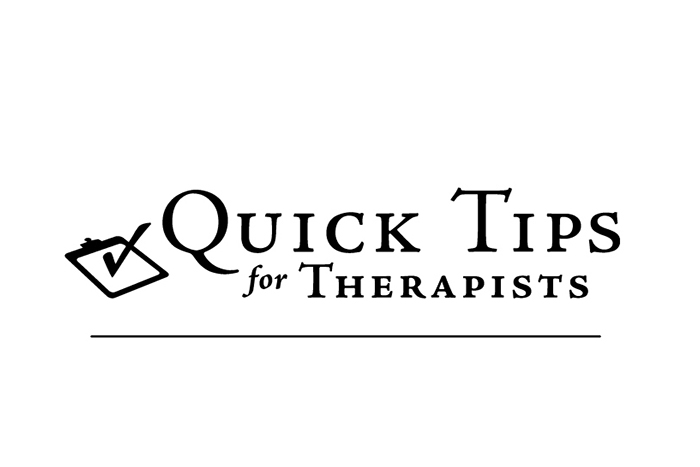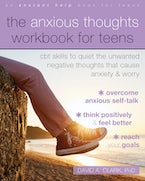Often, individuals express great reluctance with therapy. Two beliefs, in particular, are often found in those who are antagonistic to psychotherapy. Unless addressed early in treatment, these beliefs will sabotage any chance of treatment success.
- I don’t want (or need) therapy: Some individuals agree to see a therapist only to appease a partner, parent, or other interested party. To address this problem, Socratic questioning can be used to identify ideas, experiences, and reasoning that fuels this antipathy toward therapy. If the maladaptive belief is: “I don’t need therapy,” engage in guided discovery to explore with the client why the partner or family member thought they might benefit from therapy. For a homework assignment, compile questions the client could ask the family member inquiring how they think therapy could be beneficial. The therapist can then explore whether these reasons could be a basis for encouraging treatment engagement.
- Therapy can’t help me: Some people believe therapy can’t be effective because their problems are too severe, whereas others are convinced therapy is useless because of a previous negative treatment experience. For the first maladaptive belief, therapists can help clients view effectiveness incrementally rather than as all-or-nothing. Therapist comment: “Therapy might not eliminate your depression permanently, but would you be willing to commit to ten sessions to see how far we can get?” For the second belief, discussion could focus on the effects of therapist characteristics and relational style on treatment outcome. Therapist comment: “Therapists are a lot like teachers. No doubt you learned more with some teachers because you connected with them better than others. The same can be said of therapy. Most people find they can connect with some therapists better than others even though the therapists use the same treatment approach. Could you agree to three sessions to see how well we’re connecting?”
David A. Clark, PhD, is a clinical psychologist, and professor emeritus at the University of New Brunswick. He is author or coauthor of several books on depression, anxiety, and obsessive-compulsive disorder (OCD), including The Anxiety and Worry Workbook and The Negative Thoughts Workbook.



 2024 Peace Playbook: 3 Tactics to Avoid Clashes with Your Partner
2024 Peace Playbook: 3 Tactics to Avoid Clashes with Your Partner